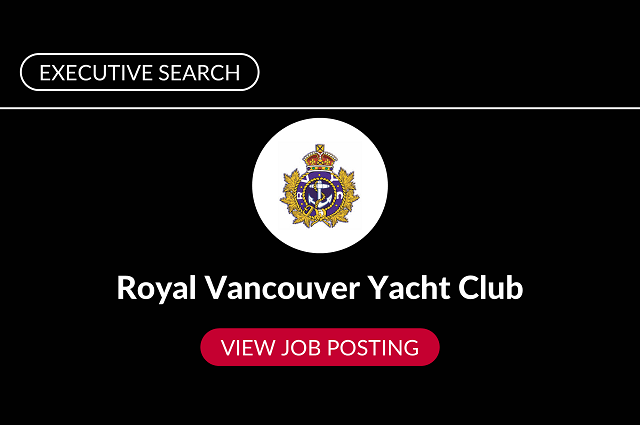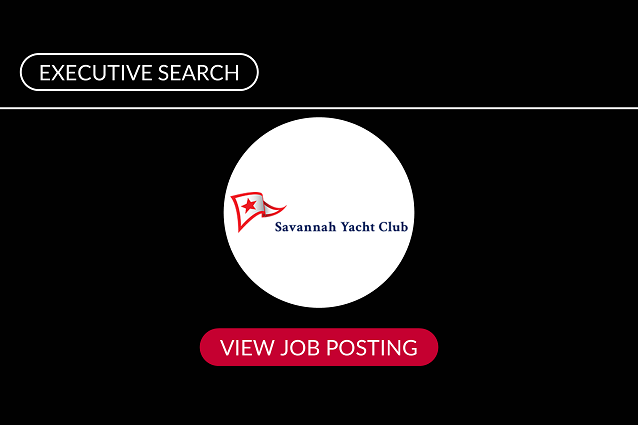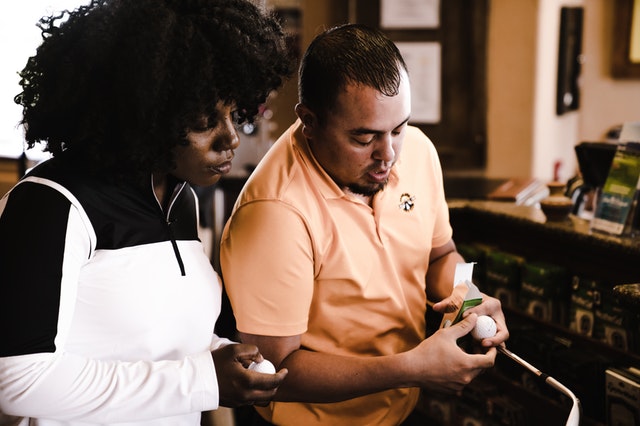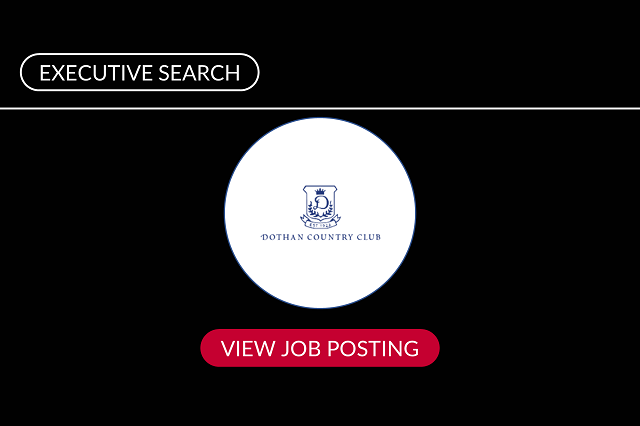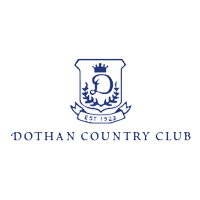GGA Partners and Nextgengolf Release Findings from Annual Research Study on Millennial Golf Community
Over 1,600 millennial golfers share habits, attitudes, and preferences about golf
TORONTO (June 10, 2020) – In an ongoing research collaboration, Nextgengolf and GGA Partners have released their annual study on the millennial golf community.
Nextgengolf is a growth-of-the-game subsidiary of the PGA of America. GGA Partners serves as an international consulting firm and trusted advisor to many of the world’s most successful golf courses, private clubs, resorts, and residential communities. Together, their report suggests ways golf facilities can adapt and develop their offerings to meet the needs of the next generation of members and customers.
“Not every millennial is the same, but it’s often communicated that way,” said Nextgengolf Director of Operations Matt Weinberger. “In our continuous work with the millennial audience and now Generation Z, we see tremendous opportunity for golf facilities to deliver value to young people, while operating their businesses successfully. The key is understanding how golf businesses mesh with millennial lifestyles.”
Featuring valuable insights about millennial golfers, the challenges they face, and opportunities for facilities to help support the long-term sustainability of the game, the research reveals three overarching observations:
1. The lifestyles of millennial golfers have changed the way they approach, experience and enjoy the game of golf.
Leading fast and casual lives, the millennial concept of “golf lifestyle” is evolving to allow for more flexibility, greater efficiency, a unification of multiple social activities into a single experience, and experimentation with the way the next wave of customers and members engage with the game.
2. Socialization and relationships are important for millennial recruitment and retention.
Millennials typically start playing golf as a result of encouragement from a family member. They primarily continue to play because of their own friendships, using golf as a platform for shared activity and a chance to connect. Family is a huge factor for millennials and will increase in significance, especially as it relates to private club membership.
3. Cost is a major concern for millennials and the biggest barrier for them to play golf.
This is partially due to lifestyle evolution and primarily as a result of funding capability. The good news is that millennials show strong interest to join private clubs under the “right” fee structure – traditional club membership offerings and conventional fee structures are less appealing to millennials than previous generations.
“When it comes to private club membership, costs continue to be barriers for millennials but there’s a bigger picture at play,” observed GGA Partner Michael Gregory. “While price is important, the best performing clubs are focused on creating an experience that enhances millennials’ lifestyles and develops a sense of emotional connection and belonging. An experience that also enhances the lifestyles of their family strengthens this connection, elevates the value proposition, and paves the way for greater price elasticity.”
Focused exclusively on an audience of active, avid millennial golfers with prior golf interest and experience in tournaments or golf events, the 2020 study brings forward survey findings from more than 1,650 millennial golfers and builds upon research annually conducted since 2017. To date, more than 5,200 survey responses have been analyzed during the four-year research study.
Details on these findings and more are illustrated throughout the full report, titled “Millennials & Golf’s Value Proposition” and available on the GGA Partners and PGA of America websites.
Click here to see the findings and download the report
About GGA Partners
GGA Partners™ is an international consulting firm and trusted advisor to many of the world’s most successful golf courses, private clubs, resorts, and residential communities. We are dedicated to helping owners, asset managers, club and community leaders, investors and real estate developers tackle challenges, achieve objectives, and maximize asset performance.
Established in 1992 as the KPMG Golf Industry Practice, our global team of experienced professionals leverage in-depth business intelligence and proprietary global data to deliver impactful strategic solutions and lasting success. For more information, visit ggapartners.com.
About Nextgengolf
Nextgengolf is an inclusive organization with the mission to provide golfing opportunities, keep golfers in the game, and make the game of golf more relevant for high school students, college students, and young adults. Through our NHSGA, NCCGA and City Tour products, we cater to golfers 15-40 years old by proactively keeping golfers engaged through events and bringing new players into the game. In 2019, Nextgengolf was acquired by the PGA of America. For more information, visit nextgengolf.org.
About PGA of America
The PGA of America is one of the world’s largest sports organizations, with nearly 29,000 professionals who daily work to grow interest and participation in the game of golf. For more information about the PGA of America, visit PGA.org, follow @PGAofAmerica on Twitter and find us on Facebook.
Contact
Michael Gregory
GGA Partners
416-524-0083
michael.gregory@ggapartners.com
Michael Abramowitz
PGA of America
561-389-4647
mabramowitz@pgahq.com






